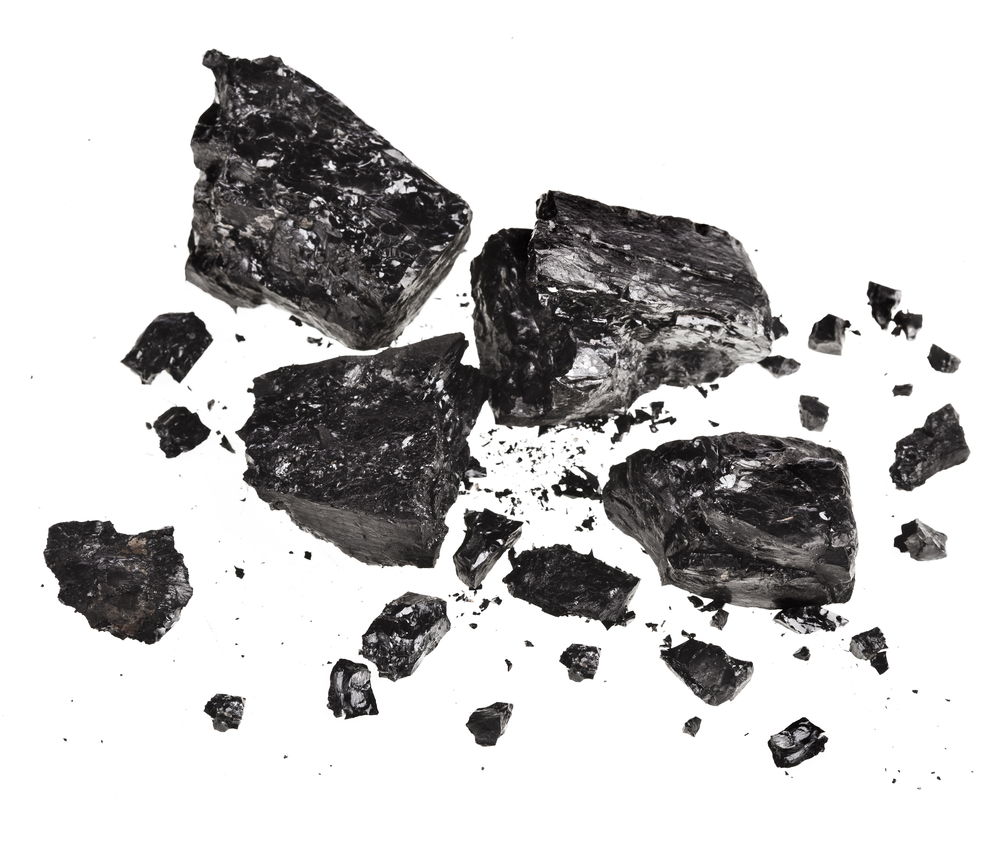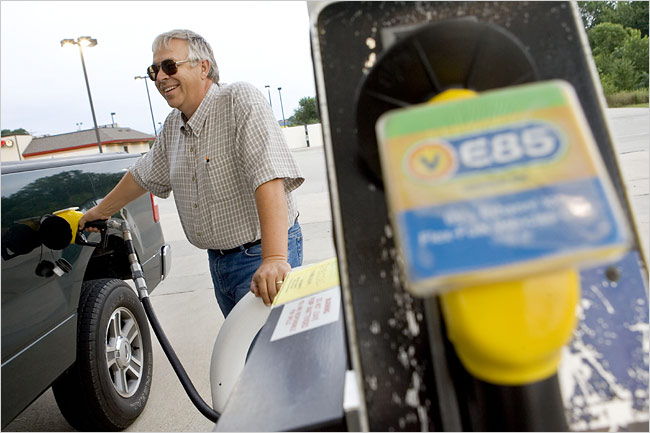The idea that coal is cheaper than wind and solar is what keeps coal in the forefront of energy production in the U.S. But what if the idea itself is completely flawed?
The American Coalition for Clean Coal Electricity is actively promoting the benefits of coal power. If you see an ad on a website with a little black piece of coal with an extension cord coming out of it…yeah, that’s them. I encourage you to check out their site. It’s full of…”truthiness“. And by that, I mean it tells about 1% of the story.
Consider this. If Johnson and Johnson produced a drug that ended up killing people (which they did) or making them sick, they’d pay for it through settlements or class action lawsuits, right? (yes, they did, it’s a regular occurrence, just look at the Monsanto round up class action lawsuit ). And that, presumably, would hurt their profit margin on that particular drug, right? (yep, it did). Probably enough that they’d yank it from the shelves or radically alter it to make it safer. (you get the point).
A Harvard Medical Study found that coal does something similar: it makes people sick and kills them prematurely. Costing citizens and taxpayers about $345 billion a year, coal was identified as causing:
- 600,000 cases of brain damage in newborns (presumably from mercury and other heavy metal contamination of mothers being passed to the unborn)
- 10 million asthma attacks
- 43,000 premature deaths

As a quick aside, I don’t know how 600,000 cases of brain damage in newborns could possibly have a price tag on it, but I digress.
But the analogy to Johnson & Johnson’s drug stalls at the whole “paying for it” point. Coal simply doesn’t pay for it. We do. It’s what’s referred to as an “externality”, or externalized cost, a concept that is one of the three main sources of free market failure.
According to Paul Epstein, lead author of the Harvard Medical Study, “[These costs] are not borne by the coal industry. It is borne by us, in our taxes.”
An economic study published in the peer reviewed journal American Economic Review showcased that coal’s externalized damages in terms of its effects on public health were the worst of any industry in the United States, ranging from 0.8 to 5.6 times the value that coal itself adds to the American economy. Download the economic study here. If the coal industry was held to the same standard as the drug maker, coal’s costs would go way up. Effectively, if coal had to pay to clean up its own mess, it would cost 3-4 times more than wind power.
So why do people still believe that coal costs less? The main reason is that Economists and Harvard Medical Professors don’t have PR teams. The Harvard Medical study was simply ignored by the mainstream media.
What does a 9 figure PR budget buy that a Harvard Medical study can’t?
In contrast, the PR budget of The American Coalition for Clean Coal Electricity is substantial. They funded a “study” that ignored these externalized costs and myopically concluded that cleaning up coal’s act would cause the loss of 1.4 million job-years over ten years. This “study” was promoted heavily by the ACCCE, despite its shortcomings in scientific rigor. Their media outreach was effective.
Here’s a sampling of how the media absorbed the hook, line, and sinker. This article, with its bafflingly ignorant title was published in US News:
The coal-funded “study” was covered in the Washington Post, New York Times, and countless radio and TV stations across the country. Never to be outdone on biased and outright inaccurate reporting, Fox News went so far as to say that cleaning up the coal industry would cost 1.4 million jobs, not “job-years over a ten year period”, and has yet to pull the story or apologize for getting it wrong.
Add to this the fact that those jobs wouldn’t be so much destroyed as shifted from coal to cleaner sources of energy. In terms of creating jobs, it’s hard to beat clean energy.
Not satisfied, the coal industry even got Nascar icon Dale Earnhardt, Jr. to be their official spokesperson, figuring that his endorsement would resonate well with voters in coal regions, and reassure them that big coal was on their side, and that the big bad Environmental Protection Agency was out to get them. Check out their video here, if you can stomach it.
So when a politician says we need to deregulate, this is what they mean–less oversight on an industry that puts their costs off on to us. And when a politician says they’re against wind power subsidies because they’d like to see energy sources compete on a level playing field, they’re demonstrating a disturbing lack of understanding of capitalism and the markets…or a willful effort to distort truth to the benefit of their large financial backers.
Other articles you might like:
Where conservative capitalism breaks down: three main sources of free market failure
The green economy has changed national politics: Virginia and West Virginia case studies
Follow Scott Cooney on Twitter
Photo from Shutterstock






Swag